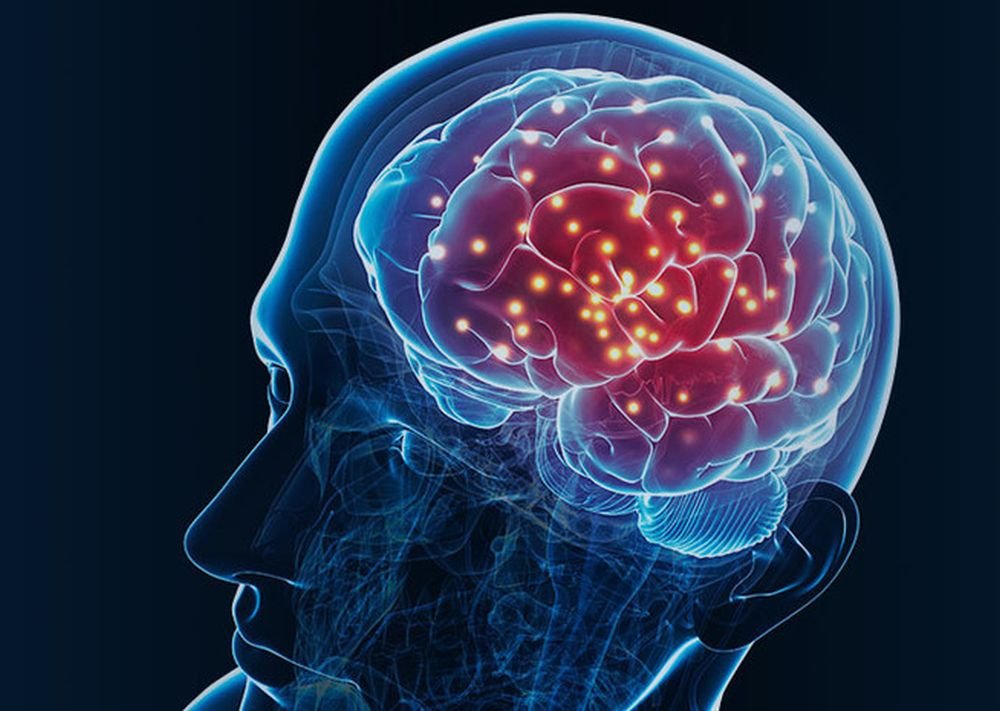
Scientists have found that the loss of the STMN2 protein enhances the course of amyotrophic lateral sclerosis. This conclusion was made by researchers from the United States.
Abnormalities in the TDP-43 protein, characteristic of a significant number of cases of amyotrophic lateral sclerosis (ALS), contribute to the loss of motor neurons by limiting the function of another protein called STMN2. The results of the study indicate that increasing STMN2 levels may be one of the possible treatment options for ALS. This protein has been shown to be a functionally significant target, an important step in the development of new treatments for this devastating disease.
Science figured out how to stop memory loss
Experimental therapy to increase STMN2 production is expected to be tested as early as this year. Amyotrophic lateral sclerosis is accompanied by the death of motor neurons – nerve cells that control all our movements. One of the molecular features found in almost all ALS patients is abnormal accumulations of the TDP-43 protein in nerve cells, and this, according to scientists, accelerates the course of the disease.
Stomach cancer linked to claudin 18 deficiency
STMN2 is essential for nerve cell growth and repair. The scientists conducted a series of experiments to test whether lower levels of this protein could contribute to the progression of ALS. Using genetic engineering, the researchers created mouse models unable to produce this protein. In the first weeks after birth, this group of rodents showed higher mortality rates. And in those who lived to adulthood, the strength of the grip and the ability to feel touch were profoundly impaired. (READ MORE)
